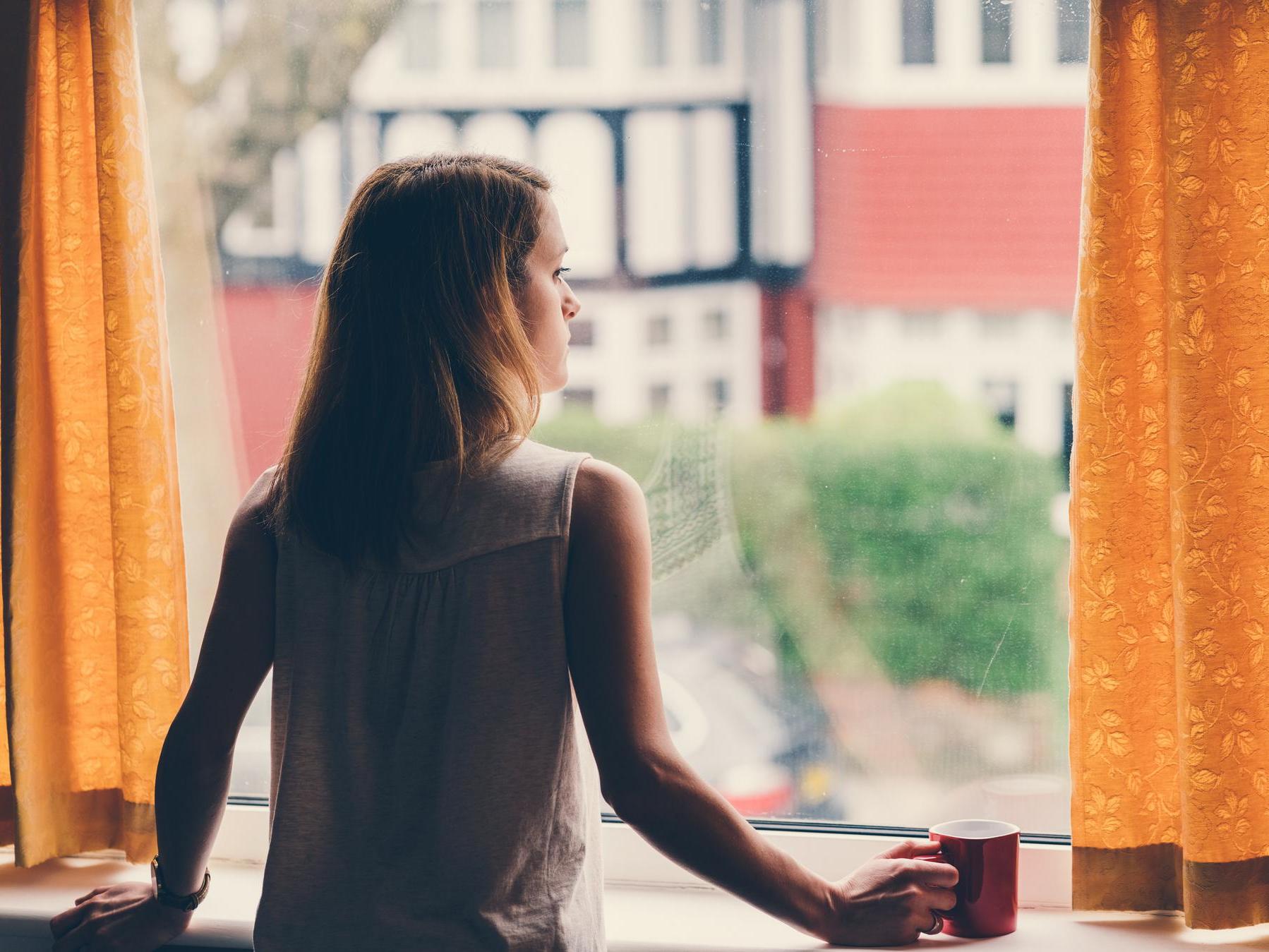This website uses cookies so that we can provide you with the best user experience possible. Cookie information is stored in your browser and performs functions such as recognising you when you return to our website and helping our team to understand which sections of the website you find most interesting and useful.

[Editor's note: The social shielding policy has now started in the UK. All those contacted by the NHS should be staying at home for a period of 12 weeks. The updated list can be found here].
In the wake of the coronavirus outbreak, Boris Johnson has introduced unprecedented peacetime measures to help prevent Covid-19 from spreading.
The new guidelines include closing pubs, restaurants and theatres, telling people to work from home where possible and avoid all non-essential travel.
During the daily televised press conferences, the prime minister has discussed a number of restrictions for different groups of people, including “social distancing” and “self-isolation”.
However, the updates have also introduced a new term to the coronavirus glossary which has left a number of people confused: “social shielding”.
The restriction is seen as an important technique to help protect the wider public from coronavirus.
But what does social shielding mean and who needs to be doing it? Here’s everything you need to know.
What is social shielding?
The concept means that people with the most significant problems will be “shielded” from social contact for 12 weeks.
The Department of Health and Social Care (DHSC) has said anyone it applies to will be contacted by the NHS.
Who needs to be shielded?
The DHSC has said that those who fall into this group include:
- People who have received an organ transplant and remain on ongoing immunosuppression medication
- People with cancer who are undergoing active chemotherapy or radiotherapy
- People with cancers of the blood or bone marrow such as leukaemia who are at any stage of treatment
- People with severe chest conditions such as cystic fibrosis or severe asthma – requiring hospital admissions or courses of steroid tablets
- People with severe diseases of body systems, such as severe kidney disease (dialysis).
The department added that the need for shielding is not defined by age.
When did “shielding” come into force?
Shielding commenced across the UK on Saturday 21 March.
“As we take these steps we should be focusing on the most vulnerable,” Johnson said.
Created with Sketch.
Created with Sketch.
1/20
Top: Nabi Younes market, Mosul
Bottom: Charles Bridge, Prague
Reuters
2/20 Grand Mosque, Mecca
Reuters
3/20 Sagrada Familia, Barcelona
Reuters
4/20 Nabi Younes market, Mosul
Reuters
5/20 Basra Grand Mosque, Iraq
Reuters
6/20 Charles Bridge, Prague
Reuters
7/20 Taj Mahal hotel, India
Reuters
8/20 Dubai Mall, UAE
Reuters
9/20 Beirut March, Lebanon
Reuters
10/20 Gateway of India, Mumbai
Reuters
11/20 Cairo University, Egypt
Reuters
12/20 Amman Citadel, Jordan
Reuters
13/20 Church of the Nativity, Bethlehem
Reuters
14/20 Beirut March, Lebanon
Reuters
15/20 Cairo, Egypt
Reuters
16/20 Cairo University, Egypt
Reuters
17/20 Victoria Memorial, India
Reuters
18/20 Amman Citadel, Jordan
Reuters
19/20 Amman Citadel, Jordan
Reuters
20/20 Sidon, Lebanon
Reuters
1/20
Top: Nabi Younes market, Mosul
Bottom: Charles Bridge, Prague
Reuters
2/20 Grand Mosque, Mecca
Reuters
3/20 Sagrada Familia, Barcelona
Reuters
4/20 Nabi Younes market, Mosul
Reuters
5/20 Basra Grand Mosque, Iraq
Reuters
6/20 Charles Bridge, Prague
Reuters
7/20 Taj Mahal hotel, India
Reuters
8/20 Dubai Mall, UAE
Reuters
9/20 Beirut March, Lebanon
Reuters
10/20 Gateway of India, Mumbai
Reuters
11/20 Cairo University, Egypt
Reuters
12/20 Amman Citadel, Jordan
Reuters
13/20 Church of the Nativity, Bethlehem
Reuters
14/20 Beirut March, Lebanon
Reuters
15/20 Cairo, Egypt
Reuters
16/20 Cairo University, Egypt
Reuters
17/20 Victoria Memorial, India
Reuters
18/20 Amman Citadel, Jordan
Reuters
19/20 Amman Citadel, Jordan
Reuters
20/20 Sidon, Lebanon
Reuters
“And again the reason for doing this in the next few days, rather than earlier or later, is that this is going to be very disruptive for people who have such conditions, and difficult for them, but, I believe, it’s now necessary.”
The prime minister’s sentiments were echoed by Matt Hancock, the secretary for health and social care, who said the government would need to go “even further” to ensure that the most vulnerable are shielded.
“We want to ensure that this period of maximum shielding coincides with the peak of maximum transmission,” Hancock added.
How is it different to self-isolation and social distancing?
Social shielding applies to people with underlying health conditions, whether or not they are showing symptoms of the coronavirus.
This differs to self-isolation which only applies to people with potential coronavirus symptoms and those living in the same household. [Updated government advice now says everyone should be self-isolating at home].
The official guidance says that anyone who has a new continuous cough and/or a high temperature should stay at home for seven days from when their symptoms start.
If you live with others and one person develops these symptoms, everyone must stay at home for 14 days, to reduce the risk of infecting others.
During the daily press conference on Monday 16 March, Johnson said that “now is the time for everyone to stop non-essential contact with others and to stop all unnecessary travel”.
This means people must start working from home where possible and avoid large gatherings, as well as gatherings in smaller public spaces such as pubs, cinemas, restaurants, theatres, bars and clubs.
On Monday 23 March, Johnson announced the country had been placed in lockdown, with people only being allowed to leave their homes for reasons such as going to the supermarket or doing one form of daily outdoor exercise.



 Africana55 Radio
Africana55 Radio 

